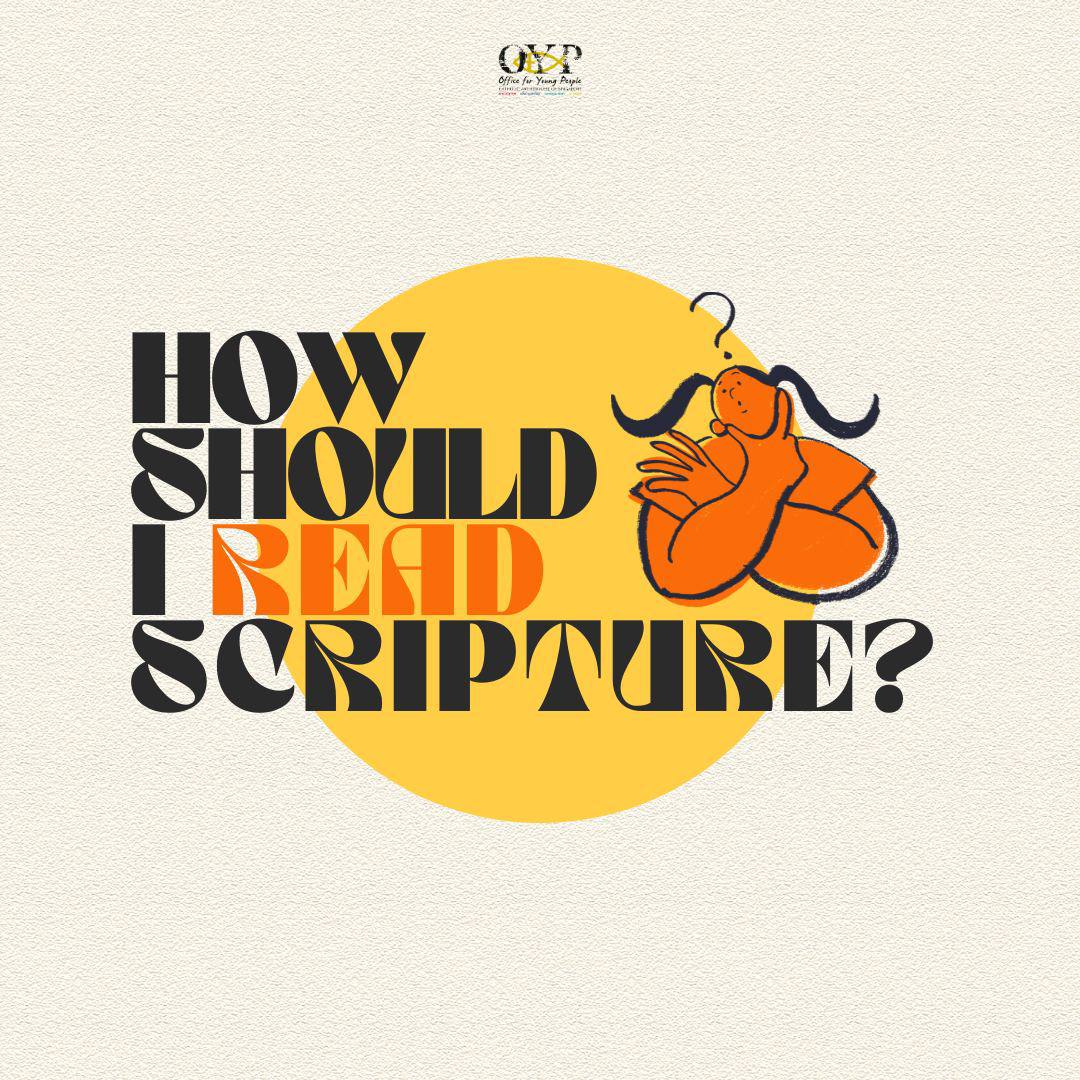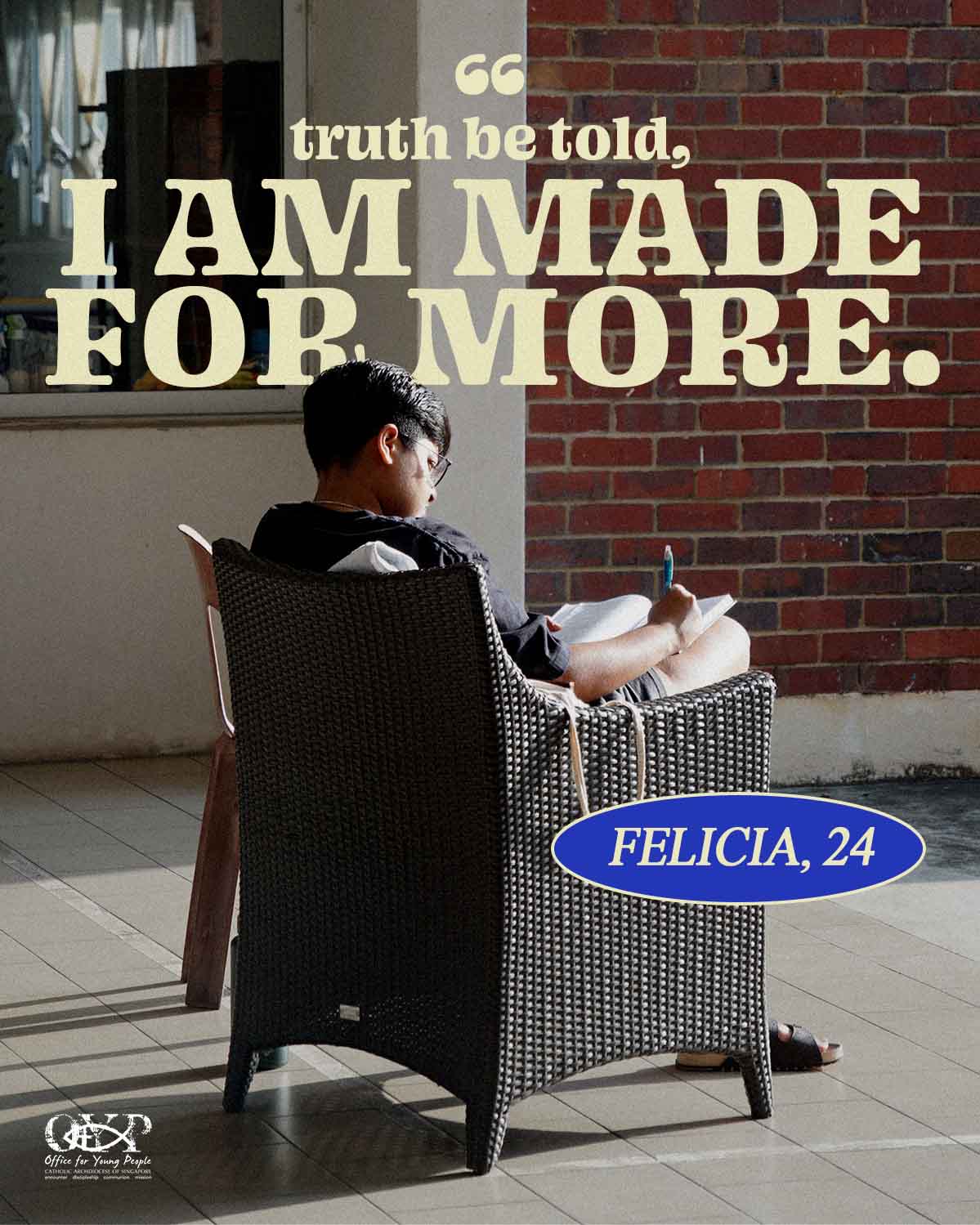Imagine walking into a library where shelves of books line its hallowed halls. Many kinds of books furnish the shelves: works of poetry, tomes of history, fiction novels, autobiographies, and even guidebooks for various tasks. What is common to them is that they are part of this vast collection of books we call a “library”.
The Bible is very much like a library. It contains “books” of different genres: biblical history (Exodus, Kings, Esther) Jewish wisdom and poetry (Proverbs, Ecclesiastes, Job, and the Psalms), testimonies (the Gospels) and even words of encouragement (Paul’s letters, Revelations). These “books” are the sacred scriptures which we know and use today at Mass or even prayers in the Church. Even the English word “Bible” comes from the Greek word “biblia” which directly translates into “books”. It is also important to know that even though human authors wrote each text of scripture, we believe as Catholic Christians that God inspired them to write the story of our salvation. The Bible is the word of God about the Word of God—the saving work of Jesus Christ as “the Word made Flesh” (cf. John 1:14) recorded in human words.
Libraries don’t build themselves. Any collection of books in a library would have been intentionally put together. Likewise, the Catholic Church discerned which scripture texts should be included in the Bible (CCC 120). We believe what we read is truly the word of God because we trust in the Church’s wisdom to pass on what God has revealed.
Now if the Bible has texts of different genres, it wouldn’t make sense to read every one of them in the same way. We would not, for example, read a piece of poetry literally since it uses metaphors and figurative language. How then should we read scripture? (Article)
- Literal Sense (CCC 116). By discovering its author’s intended meaning. We do so through understanding the text’s origin (perhaps from its native translation) and how it has already been interpreted within the Church’s life and history (DV 12).
- Spiritual Sense (CCC 117).
- Allegorical Sense. By seeing signs of Jesus Christ and His saving work. It refers to the Christ-centred symbolic meaning of a text. We may, for example, understand the crossing of the Red Sea as a sign of Christ’s victory or the saving waters of Christian Baptism.
- Moral Sense. By focusing on how to live good and holy lives. St. Paul’s letters and various parables in the Gospels always invite us to change the way we live so that we become more like Jesus.
- Anagogical Sense. By keeping our ultimate destiny in view. “Anagogical”, translated from the Greek “anagoge”, literally means “ascent”. Reading texts of scripture in this way reminds us that life here is temporary and so we should always look upwards to heaven in the midst of life’s trials!






